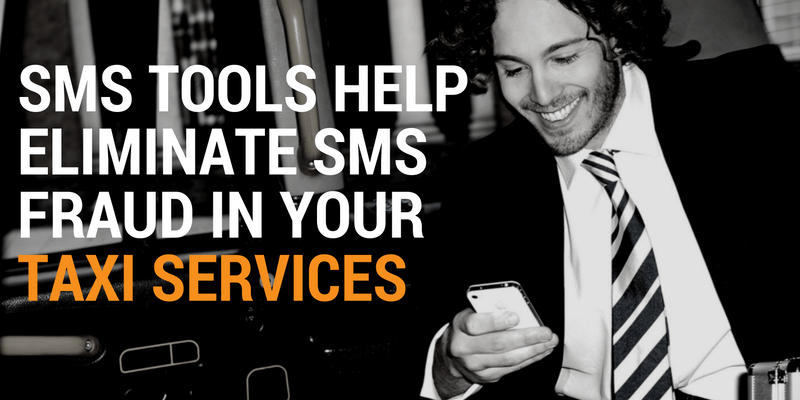Automation: A Business SMS Use Case
 SMS automation is with us!
SMS automation is with us!
It is now possible to incorporate a SIM card into virtually any piece of equipment or machinery such that it can send and receive text messages. For example many of the windmills in wind farms are fitted with SIM cards that enable them to report faults and weather conditions as alerts back to a central control point. As an alternative to a SIM card, any machine that has access to an internet connection can also send and receive text messages using Fastsms. So web servers can send alerts by SMS and even receive instructions back via SMS.
So Fastsms can use its API (Applications Programme Interface), to control equipment remotely. This is mainly used when there is reason, perhaps environmental, to alter a predefined schedule that equipment is set to follow. Flood alerts would be an example where river levels are returned via SMS from level measuring systems and instructions returned to open or close sluices in response to conditions. Equally plant nurseries or sports ground can control watering and ventilation using feedback from sensors sent by text.
The following are just some of the sectors already benefiting from using SMS text messaging for automated systems: Councils, Industrial Estates, Sports Grounds.
For more information on how you could be utilising SMS text messaging within your business then grab us on live chat, call us on 0800 954 5305 or email helpdesk@fastsms.co.uk.
Related Articles
Fastsms Use Case: Service Managers
The Biggest Lie in SMS Marketing
Have you seen articles telling you SMS marketing can’t be used to acquire new customers? Or that it isn’t a good way to so? Don’t believe them. You just have to know how to use SMS to get new people to sign up for your list. Read on to find out how.
A Checklist for Your First SMS Marketing Campaign
This year SMS marketing is predicted to become an even bigger piece of the mobile marketing pie. Businesses of every size will be launching their first ever campaigns. If you’re one of them, take a look at our handy SMS marketing checklist below to help you do it right from the very beginning.
SMS Use Case: Schools
How to use SMS in Recruitment
How to Use SMS Marketing to Counter Retail Fatigue
Uncertain economic times and an ever-extending holiday retail season is apparently making Brits less excited about the “usual” sales. But don’t worry, find out how SMS marketing can help you boost sales even in the face of retail fatigue.
Email To SMS: What is it?
Product Purchases: A Business SMS Use Case
SMS Tools Help Eliminate SMS Fraud in Your Taxi Services
Are you plagued by invalid numbers or fraudulent mobile numbers for your taxi service? Or are you too afraid to use SMS for your services because you think it can be abused too easily? While there will always be someone trying to make trouble, the good news is that you can help stop people (competitors?) from falsely ordering a pick up. Our web-based SMS platform provides just the tools you’ll need.









